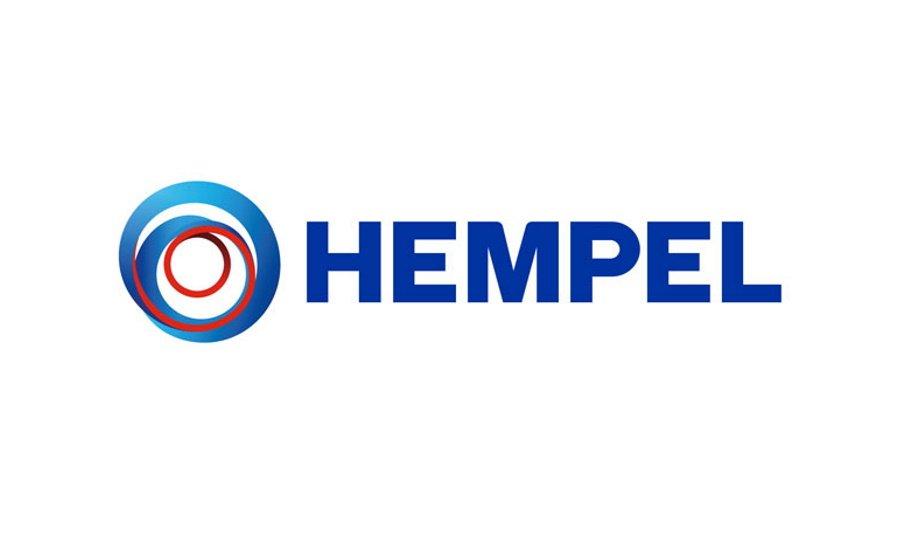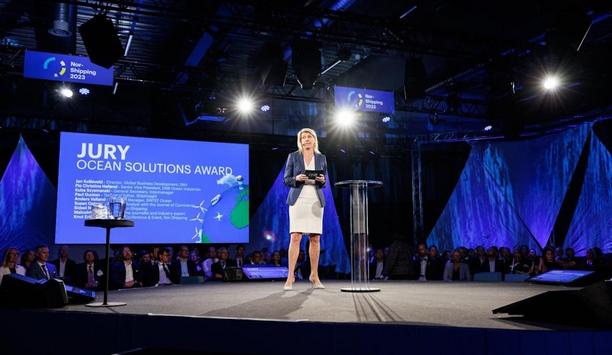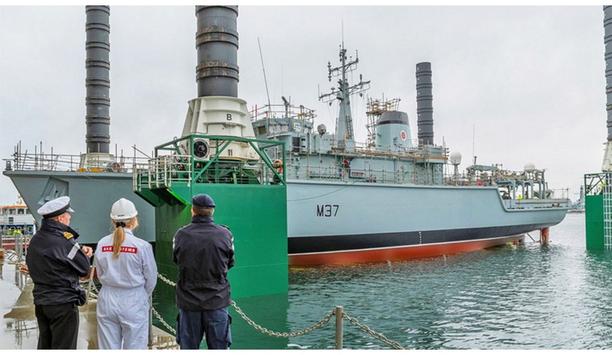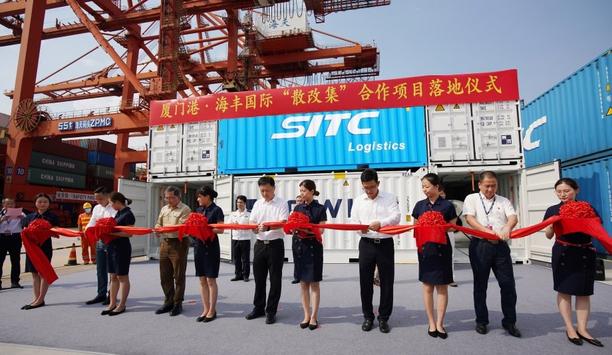Hempel has had its emissions reduction targets approved by the Science Based Targets initiative (SBTi).
The targets covering greenhouse gas (GHG) emissions from Hempel’s operations (scopes 1 and 2) are consistent with reductions required, in order to keep global warming to 1.5°C, what the latest climate science has told us is needed to prevent the most damaging effects of climate change.
Hempel's carbon emissions reduction targets
Hempel’s target for the emissions from its value chain (scope 3) meet the Science Based Targets initiative’s criteria for ambitious value chain goals, meaning they are in line with current best practice. The goals are:
- Hempel A/S commits to reduce absolute scope 1 and 2 GHG emissions 90% by 2026, from a 2019 base year - This target is based on Scope 1 and 2 emissions, which relates to energy use in Hempel’s own operations, for example - powering its premises and its company vehicle fleet worldwide.
- Hempel A/S also commits to reduce absolute scope 3 GHG emissions by 2030, from a 2019 base year - This target is based on Scope 3 emissions, relating to the impact of Hempel’s suppliers and customers, across the entire value chain.
Putting sustainability at the heart of Hempel
Reaching our science-based targets requires that sustainability is integrated into everything we do"
Katarina Lindstroem, the Executive Vice President (EVP) of Research and Technology and the Chief Operating Officer (COO) at Hempel, said “We are putting sustainability at the heart of Hempel. Like all companies, we have a responsibility to reduce the emissions our operations create and the amount of resources we use.”
She adds, “Reaching our science-based targets requires that sustainability is integrated into everything we do. We are investing in training the entire company, to engage all our employees on this ambitious journey.”
Focus on energy efficiency and green technology
Katarina Lindstroem expands on how Hempel will achieve these targets, stating “For our Scope 1 and 2 targets, we will continue our focus on energy efficiency, buying renewable power and greening our transport fleet. Scope 3 emissions make up more than 95% of our footprint.”
She continues “To tackle these, we will strengthen our commitment to using suppliers that are also taking steps to reduce their carbon footprint, drive circularity to reduce the footprint of our packaging items and review our own formulation principles for existing and new products, to identify how we can move away from more carbon heavy raw materials.”
Support for customers to meet CO2 emissions reduction goals
Many of Hempel’s products and services across its customer segments - Marine, Energy, Infrastructure and Decorative, are significantly helping to reduce its customers’ carbon footprint.
While these savings are not counted as part of Hempel’s own CO2 reductions, Hempel will continue to develop products and solutions that support its customers in reaching their own CO2 reduction targets, with quantifiable benefits.
Science Based Targets initiative (SBTi)
The Science Based Targets initiative (SBTi) is a collaboration between CDP, the United Nations Global Compact, World Resources Institute (WRI) and the World Wide Fund for Nature (WWF).
The Science Based Targets initiative defines and promotes best practice in science-based target setting and independently assesses companies’ targets.











